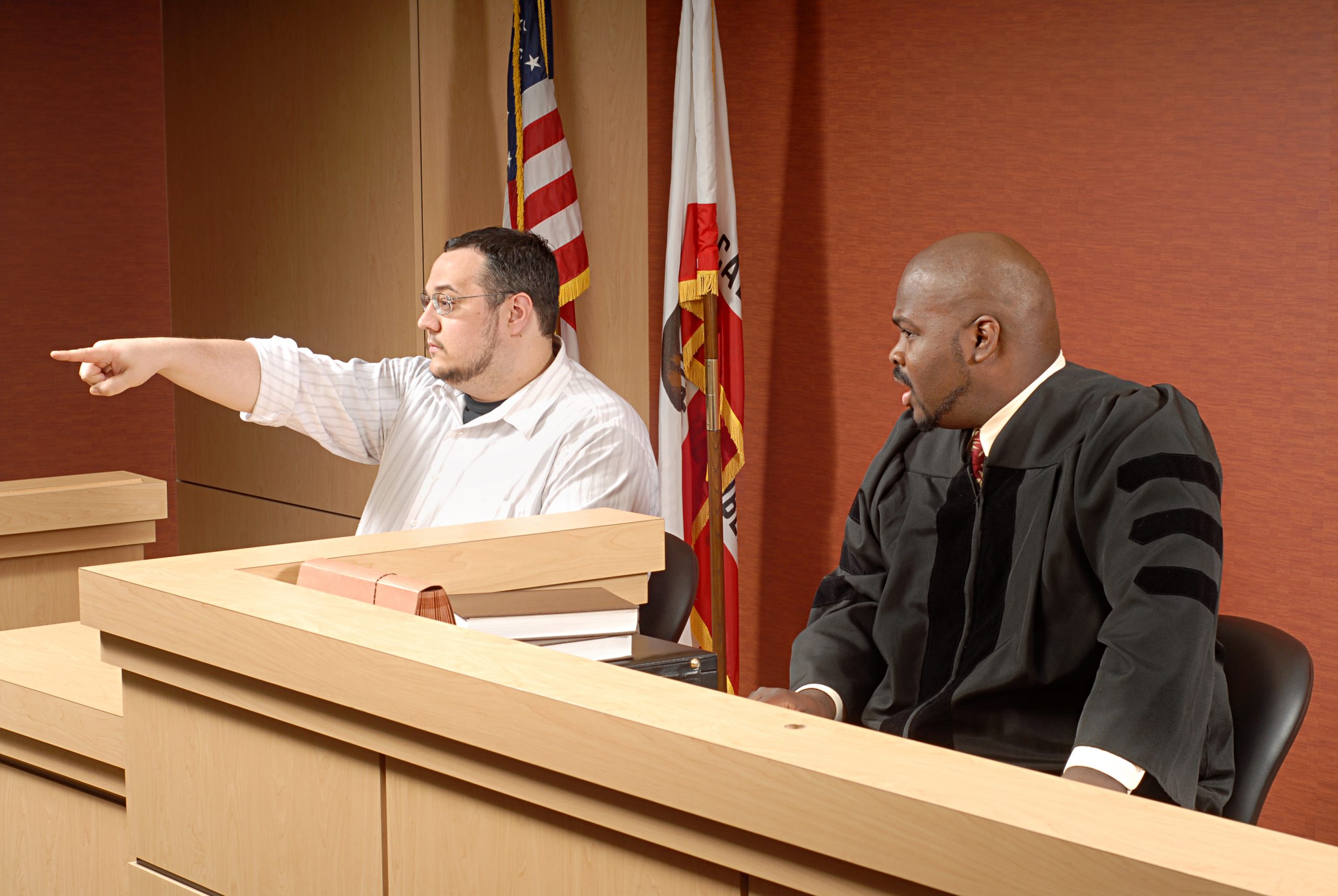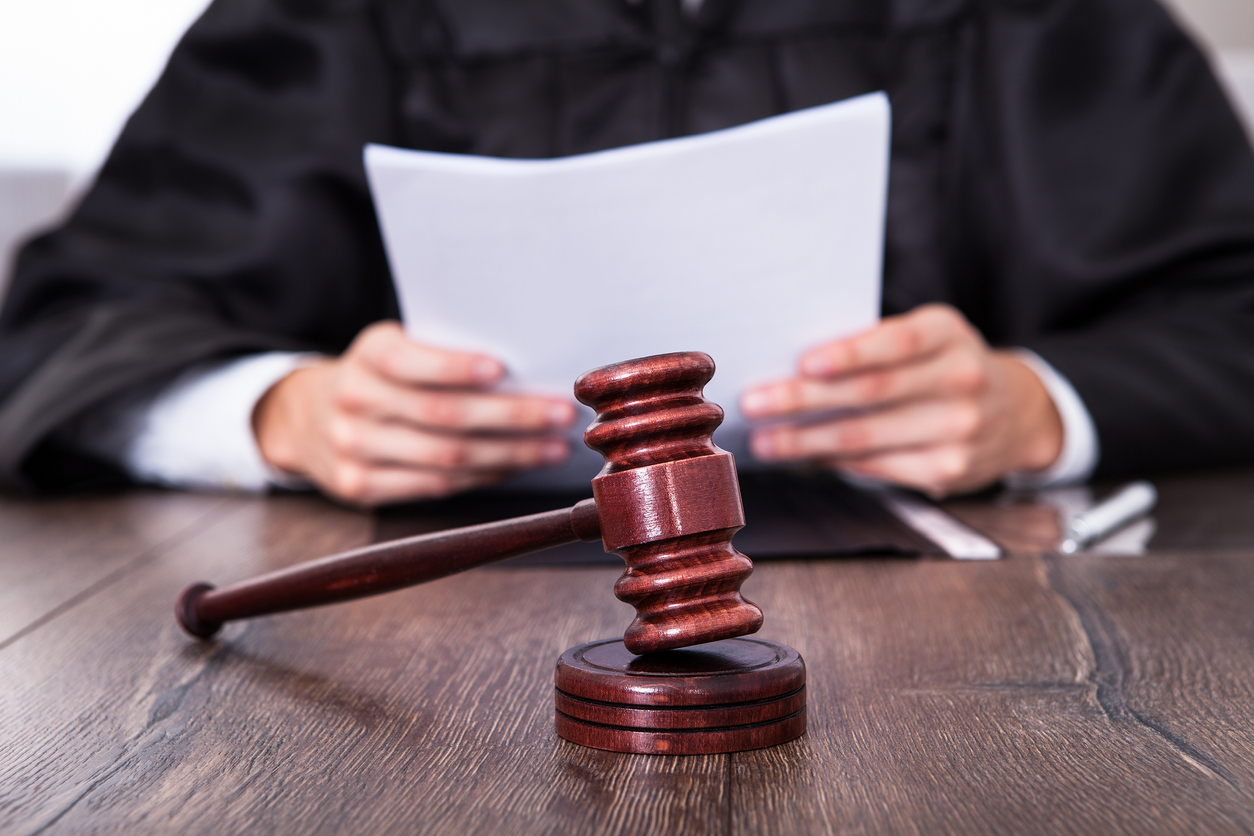Category: Your Rights
What Are The General Rules For Hearsay Evidence?
You normally can’t testify about what someone else said. That’s called hearsay evidence. But there are some exceptions that might apply.
READ MOREWhat Makes Evidence Inadmissible in Court?
In a criminal case, a party to the case can present evidence in the form of written documents, witnesses, photos and videos. When evidence is incompetent, prejudicial and irrelevant to the case a judge can disregard it. Such evidence is inadmissible in court and must be removed from the case.
READ MOREWhat is an Examination in Court?
In a witness examination, attorneys from both parties can ask questions. Such witness examination can take place in both civil and criminal trials. There are two types of witness examination: direct-examination and cross-examination.
READ MOREDoes “Giving Yourself Up” Or “Turning Yourself In” Really Help?
If you have an arrest warrant, police may ask you to come in voluntarily. Does “giving yourself up” or “turning yourself in” really help?
READ MOREDo You Have A Right to Represent Yourself At Trial?
You have the right to a lawyer under the Sixth Amendment to the U.S. Constitution, but you can also represent yourself at trial.
READ MOREShould You Talk To Police If They Say It Will Help?
It’s a straightforward but complicated question: Should you talk to the police if they say it will help? Almost always, the answer is no.
READ MORECan You Choose Your Court-Appointed Lawyer?
Under the Sixth Amendment, you have the right to a lawyer, but, in most cases, you don’t get to choose who your court-appointed lawyer is.
READ MOREWhat are Three-Strikes Laws?
Three-strike laws are also known as “habitual offender laws.” They are federal and state laws that convict a repeat offender, with three felonies. This law can increase your prison time by many years or imprison you for life.
READ MOREWhat Are Your Rights When Pulled Over by Police?
You need to know your rights when you are pulled over by police. Some include the right to remain silent, to refuse a search and to a lawyer.
READ MOREWhat Are Your Rights During a Preliminary Hearing in a Criminal Case?
A preliminary hearing is similar to a regular criminal trial. The prosecutor presents evidence to a judge. Your attorney can cross-examine that evidence. Both sides can call witnesses. But there are some key differences.
READ MORE








